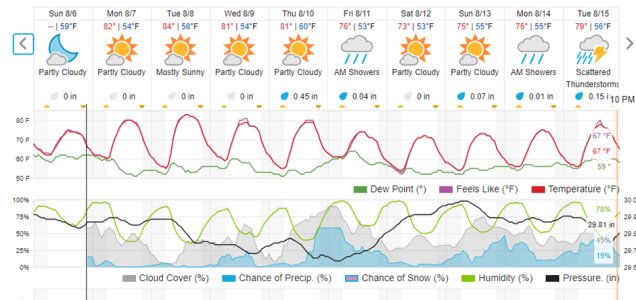FarmerDan
5 year old buck +
While it's true urea suffers from volatilization losses I think the whole discussion about it is over hyped. Any nitrogen fertilizer applied is subject to loss. We never talk about leaching in the case of excessive rain. In either case there are many soil and weather phenomena in play that will determine the magnitude of loss. You lose large amount in extreme events, but should we be worried about the relatively minor pluses and minuses that occur no matter the source of N and naturally occurring circumstances? I get it. Money spent for no return is hard to swallow. However, we swallow a lot in this business!
Not knowing your weather @Wind Gypsy, I don't know how to respond to you question. Is the soil wet or dry? What's the humidity like? Daytime and Nighttime temperatures? Granular, prilled and/or coated urea? If you end goal was 100 lbs of actual N could you live with real world results of 80 Lbs? 60 lbs? Forty-percent losses are rare. Twenty-percent losses somewhat common. Could you live with a 10% loss?
I'll leave you with this:
https://www.agproud.com/articles/32059-managing-urea-fertilizer-to-reduce-vaporization-losses#:~:text=The worst way to apply,percent losses are more common.
Not knowing your weather @Wind Gypsy, I don't know how to respond to you question. Is the soil wet or dry? What's the humidity like? Daytime and Nighttime temperatures? Granular, prilled and/or coated urea? If you end goal was 100 lbs of actual N could you live with real world results of 80 Lbs? 60 lbs? Forty-percent losses are rare. Twenty-percent losses somewhat common. Could you live with a 10% loss?
I'll leave you with this:
https://www.agproud.com/articles/32059-managing-urea-fertilizer-to-reduce-vaporization-losses#:~:text=The worst way to apply,percent losses are more common.

